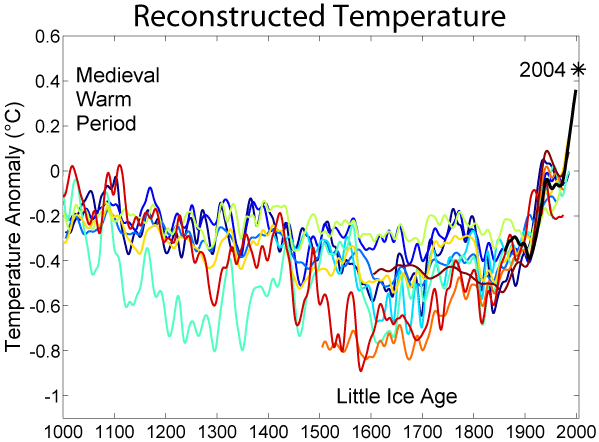Ditto to that.theprinceofcamden said:As someone who has actually worked for a company dealing with the issue of Global Warming, I find it rather depressing to listen to all you uninformed americans claiming there is no evidence for GW being man made. Before you start shouting off about your own little home-cooked ideas, read a book.

As to the question... let it happen. A lot of animals are going to go extinct (probably including humans) but a lot of others are going to do very well out of it. It is, after all, just releasing carbon into the atmosphere that once existed there anyway. The seas will heat up, doubtless that will mean more life as soon as the oceans stop getting the life sucked out of them by mankind. One thing is for sure though - this will amount to barely a dent in the biosphere in the long term. 10 million years after the last human dies not a single trace of them will remain here.
